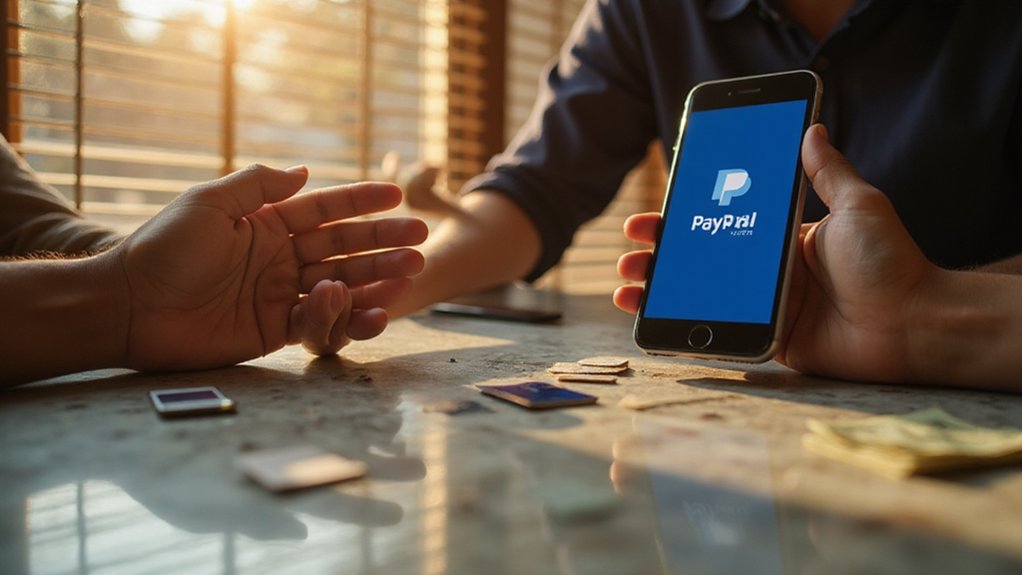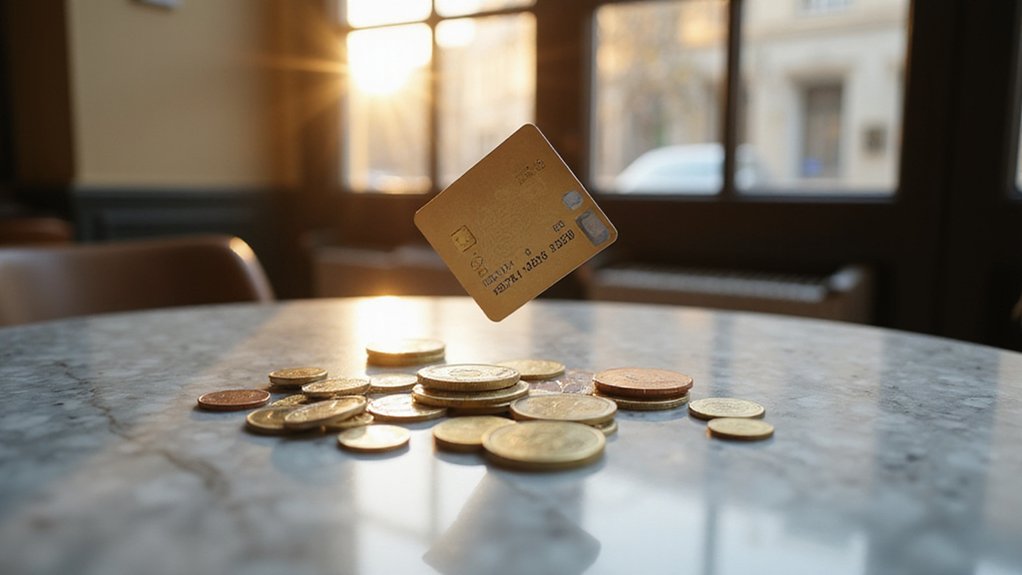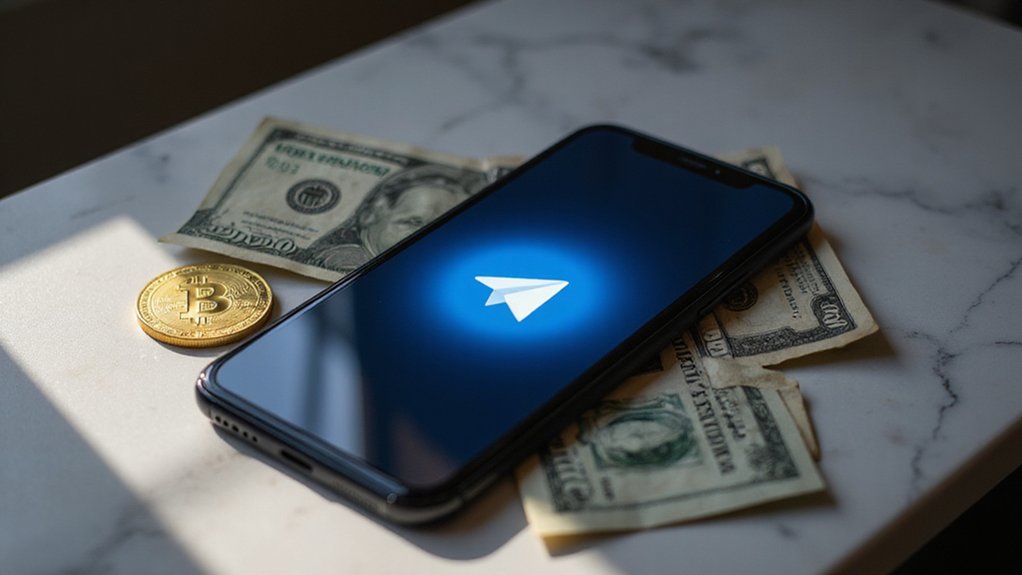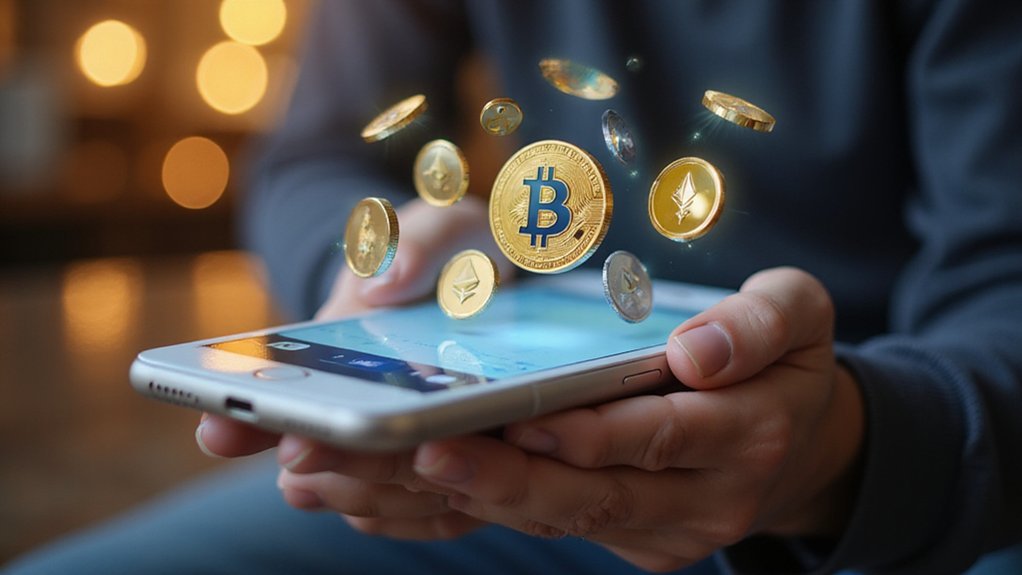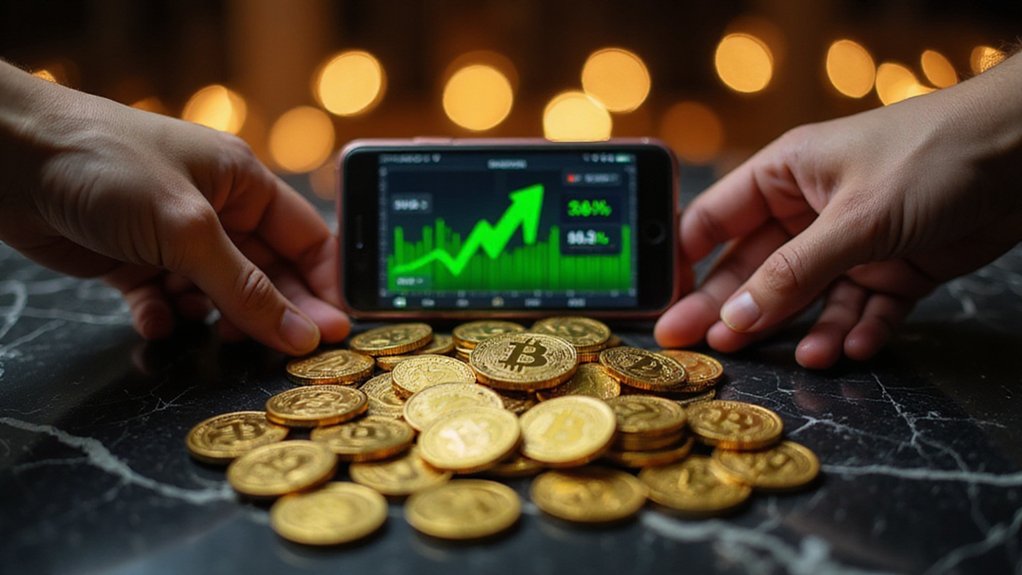While traditional peer-to-peer payment systems have long required users to navigate the labyrinthine process of locating recipient profiles, verifying account details, and crossing their fingers that they’ve selected the correct “John Smith” among dozens of potential candidates, PayPal has introduced its aptly named “Links” feature—a invigorating straightforward solution that treats money transfers with the same casual efficiency as sharing a meme.
The mechanism operates with invigorating simplicity: users generate unique, one-time payment links specifying exact amounts, then distribute these URLs through texts, emails, or chats. Each link expires automatically after ten days (because apparently even digital IOUs need expiration dates), while funds deposit instantly upon acceptance into recipients’ PayPal accounts. This eliminates the profile-hunting safari that previously characterized P2P transactions, though one might wonder why it took the financial technology sector this long to achieve what amounts to sophisticated hyperlink functionality. The feature strategically complements existing PayPal Me functionality rather than replacing it entirely, maintaining familiar options for users who prefer profile-based transactions.
Unlike PayPal’s existing Me links—those profile-based relics that require recipients to manually input amounts—Links predefine payment values during creation. The feature also permits cancellation and reminder capabilities, addressing the eternal awkwardness of chasing down friends who’ve ignored payment requests. Personal transactions remain exempt from 1099-K reporting requirements, preserving privacy while merchants conducting business still face appropriate tax obligations.
PayPal’s Links finally spare us the awkward dance of hunting down friends who’ve mysteriously developed selective amnesia regarding unpaid debts.
PayPal’s cryptocurrency integration represents the feature’s most intriguing evolution. Bitcoin, Ethereum, and the company’s PYUSD stablecoin will soon flow through these payment corridors, connecting PayPal, Venmo, and compatible digital wallets within a unified ecosystem. PYUSD’s dollar-pegged stability offers volatility-averse users cryptocurrency exposure without the typical rollercoaster experience. The Links feature’s initial rollout focuses on the United States, though expansion plans target the UK, Italy, and additional markets. While traditional payment systems rely on intermediaries, this streamlined approach operates similarly to how smart contracts execute transactions automatically based on predetermined conditions.
The commercial applications extend beyond P2P transfers through Payment Links and Buttons supporting global commerce across 200 countries in 24 currencies. Merchants benefit from subscription-free models, paying only transaction fees while accessing customizable product descriptions, shipping options, and PCI-compliant security measures.
This streamlined approach suggests a broader industry shift toward friction-reduction in financial transactions. By treating money transfers as content sharing, PayPal acknowledges that payment complexity often stems from unnecessary procedural obstacles rather than inherent technical limitations—a revelation that might have arrived sooner had developers occasionally attempted using their own products.
